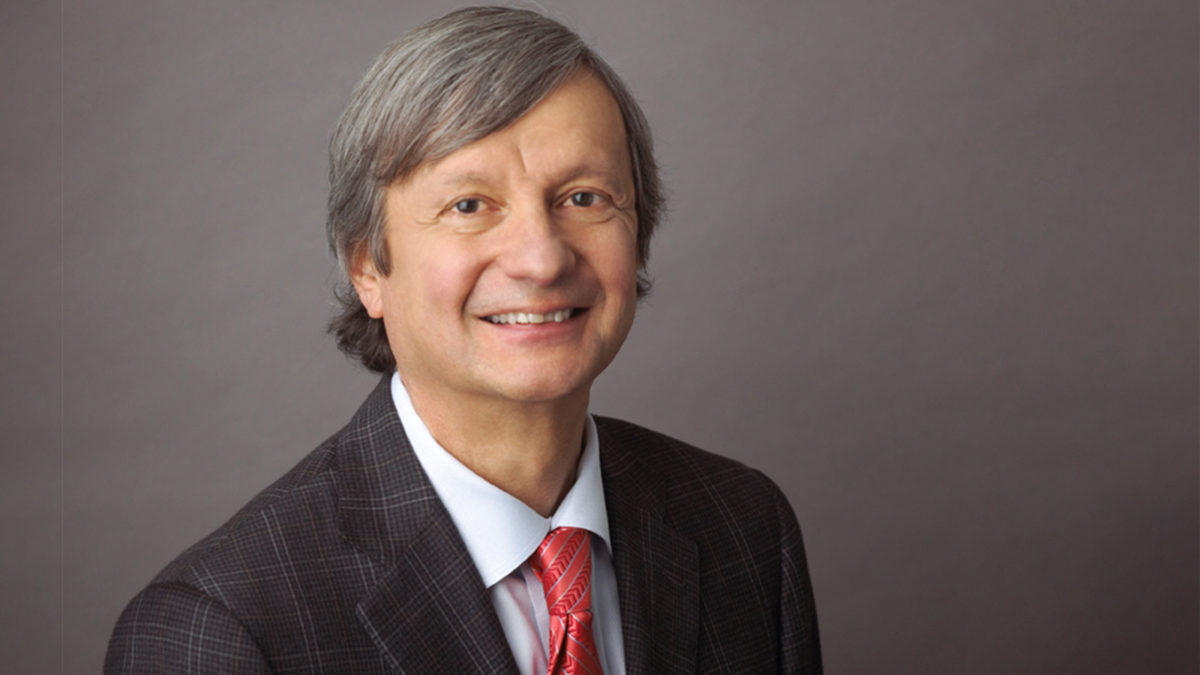‘Some will succeed, some will struggle’ as super funds dive into private markets
“I think… in ten years, institutional and high net worth investors will have roughly half their assets in private markets – not just private equity, but credit and real assets – because of the outperformance, and because they’ll realise that liquidity is vastly, vastly overrated as something that you have to have immediately,” says Mario Giannini, CEO of private markets giant Hamilton Lane.
“You really only want liquidity when you’re panicked, and you’re usually demanding liquidity at the totally wrong time. (All of these investors) will continue to move into private assets. I think the forms will change and there’ll be a really hard drive to push fees down – those kinds of things that really chafe at investors.”
Much of Hamilton Lane’s nearly trillion dollars in private assets under management or advice belongs to institutional investors like the Canadian pension funds, which Australia’s super funds are aping as they increase their allocation to private markets and internalise the management, following the path the Canadians cut more than 30 years ago at the urging of luminaries like Keith Ambachtsheer. But at the heart of the internalisation debate is the tacit understanding that super funds either can’t or won’t pay as much as the firms they will ultimately be competing against.
“I think they’ll go through the same growing pains that the Canadians and Singaporeans did – how do you do the compensation structures to draw the right kind of people and keep the general partners from competing with you on people?” Giannini says. “How do you make that compensation structure work within the confines of a more public institution?… But thus far – and it’s been in a bull market, let’s acknowledge that – they’ve done it in the right way.”
“What the Canadians have done is increase the compensation but make it much more directly tied to performance, and been able to attract a very high quality of people at those institutions. They’ve pulled it off – though not without hiccups… One of them had a very visible set of blow-ups with people leaving, complaining they weren’t getting enough compensation and the other side saying they were getting too much.”
The argument most funds lead with is that they can attract purpose-driven staff willing to sacrifice money for meaning, and Giannini believes that argument has weight; the environments at some private equity firms are “very, very rough.” But the debate runs that there are intangible things that can’t be immediately replicated, or replicated easily – relationships, and the access they bring. Giannini says that’s somewhat true, but is sceptical that the super funds can’t replicate them at all.
“Private equity performs better because it’s a better governance structure than public markets,” Giannini says. “I think you have more control and better alignment of interests, and I think it can be done externally or internally. I think it’s a very different set of skills from public market investing – but do I think that it can only exist outside an institutional framework? I don’t.”
Giannini believes liquidity will also become easier to obtain around private assets – the secondary market will develop in a way where it’s more liquid due to innovations by groups like Nasdaq Private Markets, where investors might theoretically be able to see “something on their screen like a bid-ask price for an asset”. They’ll always be less liquid than the public markets, but they’re already more liquid than they were a decade ago.
While Australia is known as one of the most fee sensitive markets in the world, super funds have managed to grin and bear the price they’re paying for what Giannini says is an “outrageously expensive asset class” (though it’s also the reason they’re moving the function in-house). That concern isn’t going to be resolved anytime soon. The influx of money into private assets and the internalisation trend will put downward pressure on fees, but the only way it will see wholesale change is if there’s a “tremendous market downturn” like real estate in the 80s.
“I think that would be the only thing that would create a massive change to fees,” Giannini says. “At the margin fees will come down, but not enough to make people happy.”
Private assets have become more controversial of late, with multiple super funds unveiling different valuations for local tech darling Canva at a time when listed growth stories have been sold off heavily, attracting scrutiny from the financial press. In the traditional buyout world the valuation debate will diminish as liquidity options develop, Giannini says, because there’ll be a more standardised way of valuing them. But for companies like Canva – the more “venture-oriented” companies – he believes it will continue to be “really challenging to have one metric around valuation.”
“You even see that with the public markets,” Giannini says. “Does it make any sense that some of the public companies that were valued at 100 on December 31 are now valued at 30 or 40? I think that kind of volatility around your perception of future growth and cash burn will make those companies very difficult to value at any point in time.”











